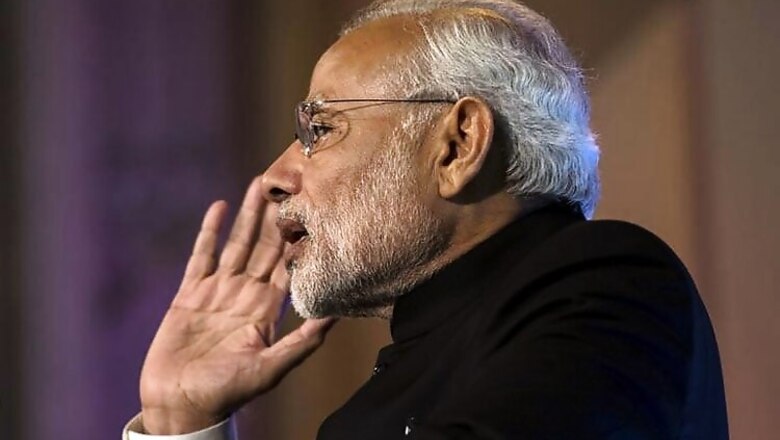
views
Prime Minister Narendra Modi's visit to Russia and Kabul were official and therefore, planned. Not so his 'chai pe charcha' in Lahore or so we are given to understand. But taken together they hint at important geopolitical shifts taking place and the need for India to be in step to ensure it's not left out.
Let's begin with Russia. The clutch of deals announced during Modi's visit underscore that relations continue to be good notwithstanding Moscow's recent supply of attack helicopters to Islamabad. But there are other elements to this relationship intriguing from any point of view.
It seems pretty clear that Russia is on board with the US and Chinese decision to "integrate" the Taliban into the Afghan power structure, and Pakistan is seen as "best placed" to guarantee Taliban good behavior given its hold over that group.
In fact, Russia's foreign ministry confirmed on Christmas eve that they were exchanging intelligence and information with the Taliban on, hold your breath, the Islamic State!
The confirmation from Moscow comes on the heels of the US military briefing members of the Congress that the Islamic State has grown to number at least 3,000 fighters in Afghanistan. Russia suspects that many could be jihadists from its Caucasus region (Chechnya, Dagestan), playing leadership roles and therefore, the need for ground level information before these fighters begin infiltrating back to Russia through the former Soviet Central Asian territories of Uzbekistan, Tajikistan and Turkmenistan.
Russia evidently sees the Taliban as less evil than the IS (although it has no doubt the former has ambitions of expanding into the region). The Taliban seems willing to play ball although it has officially denied needing help to fight the IS and also denied any cooperation with the Russians (how can they, the Sunni Taliban is aware of Russia's backing of Syria's Shia President Bashar al-Assad against the Sunni forces backed by the Saudis).
But the Taliban denial has come with the caveat that it could request help from any quarter. Indian diplomats believe the Taliban is under some pressure after reports of splits, and the mystery surrounding its chief Mullah Mansoor (dead, injured?).
What is problematic for Delhi is the presence of the Haqqani Network in the Taliban councils. Sirajuddin Haqqani is number two to Mansoor and heads its military operations. The Haqqanis are allied to al-Qaeda, are committed to driving out the US and other coalition forces from Afghanistan, overthrowing the Afghan government with the goal of establishing an Islamic emirate (not very different from the aims of the Islamic State).
India, after investing more than $2 billion in Afghanistan, faces the unwelcome prospect of seeing, ironically, in the very Parliament building we built, the Taliban and its Haqqani cousins (the same group attacked the Indian embassy in Kabul twice, in 2008 and 2009).
But Afghan watchers say India needs to "play the game" and not worry unduly about the "purity" of people it has to deal with. India needs to take advantage of the reported splits in the Taliban and shape a policy aligned with its national interests. It's not that India has no links with that group and Indian diplomats have remarked in the past that no Indian-aided project in that country has been attacked.
A former national security adviser once remarked, in confidence, that no matter who was in power in Kabul, India had developed enough "roots" to ensure its interests would not be cast aside. Perhaps India is playing the game.











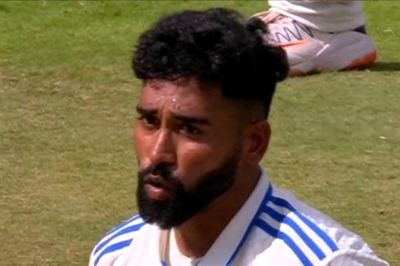

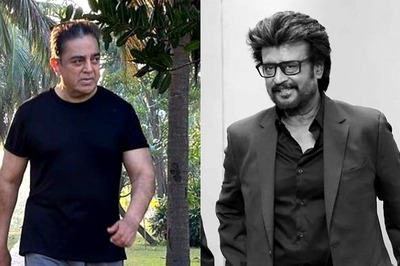
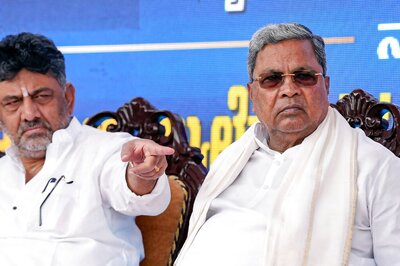

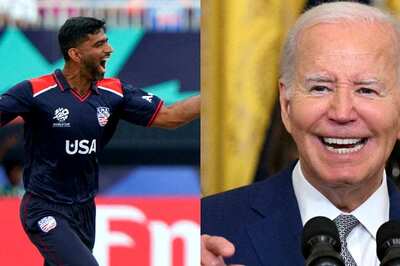

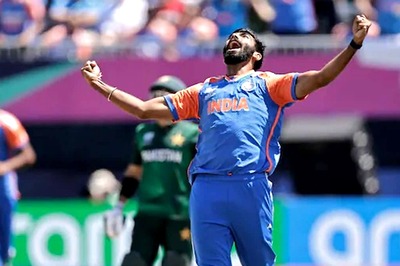
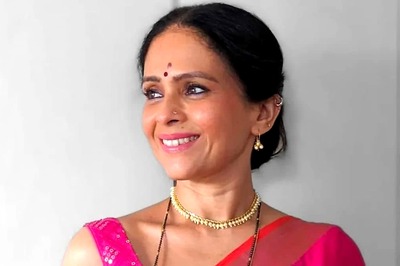
Comments
0 comment